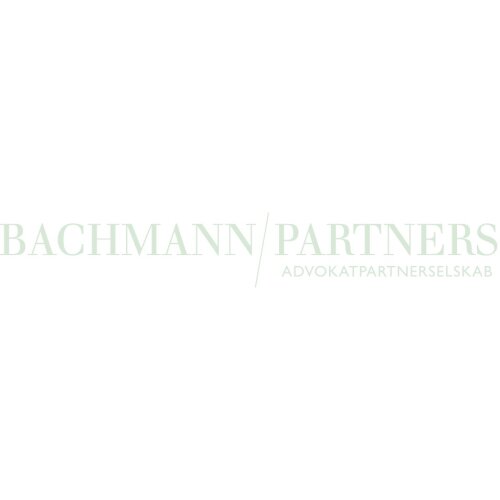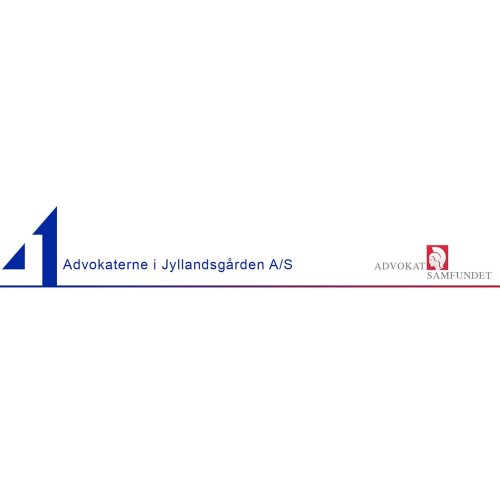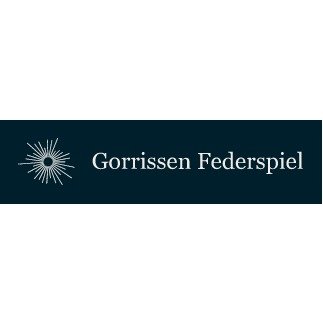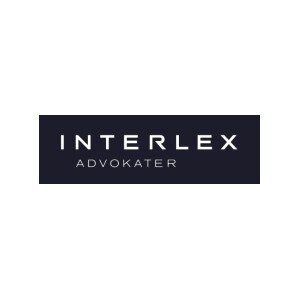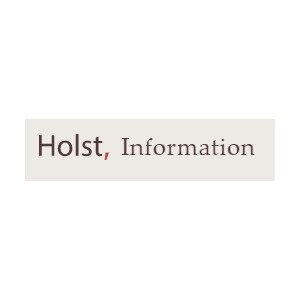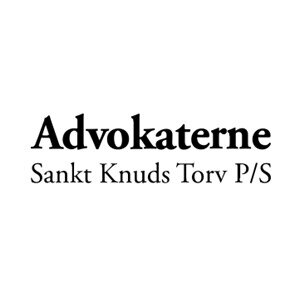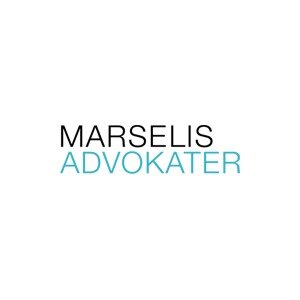Best FDA Law Lawyers in Aarhus C
Share your needs with us, get contacted by law firms.
Free. Takes 2 min.
List of the best lawyers in Aarhus C, Denmark
About FDA Law in Aarhus C, Denmark
FDA Law, as commonly referred to in other jurisdictions like the United States, typically covers the regulation of food, drugs, and medical devices. In Denmark, and specifically in Aarhus C, the equivalent regulatory framework is primarily governed by the Danish Medicines Agency ("Lægemiddelstyrelsen"), the Danish Food Administration ("Fødevarestyrelsen"), and compliance with European Union (EU) regulations and directives. These laws ensure the safety, efficacy, and quality of foods, pharmaceuticals, biotechnology products, and medical devices available to consumers. Being one of Denmark’s leading cities for education, life sciences, and innovation, Aarhus C is particularly influenced by these regulations in its industries and academic sectors.
Why You May Need a Lawyer
Seeking legal advice within the field of FDA Law is essential for both businesses and individuals in many situations. Common scenarios include:
- Launching a food, drug, or medical device product on the Danish or EU market
- Navigating the approval process for pharmaceuticals or biotechnology items
- Ensuring packaging and labelling compliance for domestic and imported products
- Addressing recalls, quality concerns, or product liability issues
- Handling audits or inspections by Danish authorities
- Responding to allegations of non-compliance or safety violations
- Advising on marketing and promotional activities within legal restraints
- Assisting with import or export compliance for regulated products
A lawyer with knowledge of FDA Law and local regulations can help you avoid costly mistakes, defend your interests, and guide your business or personal affairs with clarity.
Local Laws Overview
In Aarhus C and wider Denmark, FDA Law is structured around several key statutes and regulatory bodies. The most relevant are:
- Food Regulations: Managed by Fødevarestyrelsen (Danish Food Administration), focusing on food safety, labelling, hygiene, and authorisation of additives or contaminants.
- Medicines and Drugs: The Lægemiddelstyrelsen (Danish Medicines Agency) is responsible for licensing drugs and overseeing pharmacovigilance, ensuring conformity to both Danish and EU standards.
- Medical Devices: The Danish Medicines Agency also supervises medical device approval and market surveillance in accordance with the EU Medical Devices Regulation (MDR).
- EU Regulations and Directives: Much of Danish FDA-related law is harmonised with EU directives, including REACH (chemicals), Novel Foods Regulation, and the MDR/IVDR for medical devices and in vitro diagnostics.
- Product Liability: Producers, importers, and distributors may be held liable under Danish law for defective or harmful products that reach consumers.
These regulatory frameworks affect anyone involved in the research, manufacturing, marketing, import, or distribution of foods, drugs, dietary supplements, cosmetics, and medical technology in Aarhus C.
Frequently Asked Questions
What Danish authorities oversee FDA-related matters?
The Danish Medicines Agency handles medicines and medical devices, while the Danish Food Administration is responsible for foods and food supplements. Both coordinate with EU authorities on regulatory matters.
Do I need special approval to sell food or dietary supplements in Aarhus C?
Yes, most foods and dietary supplements must comply with registration, labelling, and safety requirements. Certain products, such as novel foods and supplements with active ingredients, may require pre-approval.
What regulations apply to medical devices in Denmark?
Medical devices must be CE marked and comply with the EU Medical Devices Regulation (MDR). There are also reporting and post-market surveillance requirements overseen by the Danish Medicines Agency.
Can I import pharmaceutical products into Denmark?
Importing medicines requires authorisation from the Danish Medicines Agency and compliance with EU and Danish regulations, including quality verification and proper labelling.
Are there strict labelling requirements for food products?
Yes, labelling must include ingredients, allergens, nutritional information, and, where relevant, health claims in Danish. Failure to comply can lead to fines or product withdrawal.
How are product recalls managed?
Product recalls are coordinated with the relevant authority (food or medicines) and require prompt notification, public communication, and corrective action to protect consumers.
Can I advertise health or nutrition claims for my product?
Strict rules limit the use of health or nutrition claims for foods, supplements, and medicines. Claims must be substantiated and authorised under EU or Danish law.
Are there penalties for non-compliance?
Yes, penalties include fines, injunctions, product seizure, and in serious cases, criminal liability or business closure.
What is the process for reporting adverse events?
Adverse events involving drugs or devices must be reported to the Danish Medicines Agency, which investigates and takes necessary safety actions. Food safety incidents are reported to the Danish Food Administration.
How often are inspections or audits conducted?
Inspections may be routine or triggered by complaints, adverse events, or new licensing applications. Frequency depends on product risk and compliance history.
Additional Resources
If you need reliable information or support on FDA Law issues in Aarhus C, consider these reputable resources:
- Danish Medicines Agency (Lægemiddelstyrelsen): Regulatory guidance, licence applications, adverse event reporting
- Danish Food Administration (Fødevarestyrelsen): Food safety, labelling, import/export information, recall procedures
- European Medicines Agency (EMA): EU-wide pharmaceutical regulations and standards
- Local Aarhus C law firms specialising in life sciences and regulatory law
- Aarhus University Law Faculty: Academic guidance and networks in health law and compliance
Next Steps
If you believe you need legal assistance with FDA Law in Aarhus C, here are the recommended steps:
- Document your situation, including all correspondence, product details, and regulatory communications.
- Determine whether your issue relates to foods, medicines, or medical devices and identify the relevant authority.
- Consult a local lawyer or law firm with specific experience in Danish and EU regulatory law.
- Prepare questions and materials in advance to make the consultation efficient and effective.
- Follow the lawyer’s guidance on compliance, communication with authorities, or litigation if necessary.
Whether you are an entrepreneur, a manufacturer, a distributor, a healthcare provider, or a concerned consumer, understanding and correctly navigating FDA Law in Aarhus C is key. Legal advice ensures you comply with complex rules, safeguard your interests, and contribute positively to public health and safety.
Lawzana helps you find the best lawyers and law firms in Aarhus C through a curated and pre-screened list of qualified legal professionals. Our platform offers rankings and detailed profiles of attorneys and law firms, allowing you to compare based on practice areas, including FDA Law, experience, and client feedback.
Each profile includes a description of the firm's areas of practice, client reviews, team members and partners, year of establishment, spoken languages, office locations, contact information, social media presence, and any published articles or resources. Most firms on our platform speak English and are experienced in both local and international legal matters.
Get a quote from top-rated law firms in Aarhus C, Denmark — quickly, securely, and without unnecessary hassle.
Disclaimer:
The information provided on this page is for general informational purposes only and does not constitute legal advice. While we strive to ensure the accuracy and relevance of the content, legal information may change over time, and interpretations of the law can vary. You should always consult with a qualified legal professional for advice specific to your situation.
We disclaim all liability for actions taken or not taken based on the content of this page. If you believe any information is incorrect or outdated, please contact us, and we will review and update it where appropriate.



